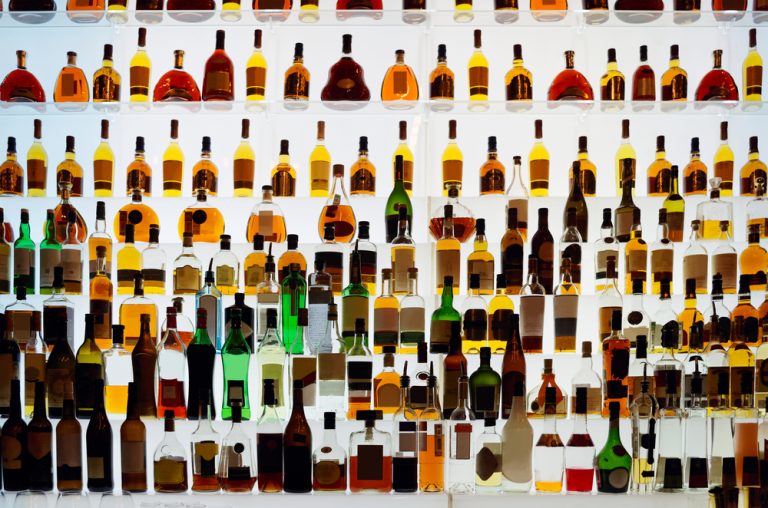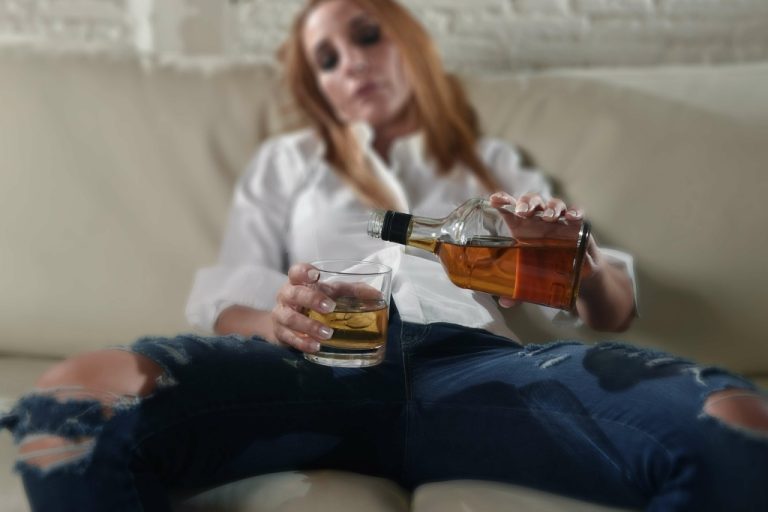It’s a sedative, so it can send you into a deep sleep quickly—but that’s not what’s supposed to happen. In other words, it throws off the first two stages of light sleep, and it can be difficult for your body to readjust during the remainder of the night. That’s Sober living house because alcohol interferes with the ability to stay asleep and to get high-quality, deep sleep. The effects both can happen right away and develop over the long-term. As research consistently shows, however, the opposite is actually true. Drinking alcohol might help you fall asleep—but it won’t keep you there.
Short-Term vs. Long-Term Effects on Sleep
Disruptions to this hormone can lead to reduced quality sleep and cognitive difficulties. Alcohol can worsen sleep apnea, a condition where a person’s breathing stops and regularly starts while they sleep. Alcohol can https://hiu188slot.com/36-star-celebrities-who-died-of-alcoholism/ lead to fragmented sleep and waking up during the night, as it disrupts the sleep cycle.
Negative Effects of Drinking Alcohol

Polysomnography may be useful to verify sleep difficulties or to diagnose other sleep pathology such as sleep apnea. Behavioral studies suggest that up to 2 to 3 standard drinks before bedtime initially promotes sleep, but these effects diminish in as few as 3 days of continued use. It’s true that drinking alcohol can make the first few hours of your sleep more restful.
- In fact, in one study on older adults those who binge drank frequently were 84 percent more likely to report insomnia symptoms than those who didn’t.
- Alcohol consumption can induce gastritis, esophageal reflux and polyuria that can disrupt sleep.
- Alcohol relaxes throat muscles, worsening sleep apnea by increasing airway obstruction during sleep.
- Individuals with these conditions may turn to alcohol for relief, but this often leads to further sleep disturbances.
- “People tend to sleep better the first half of the night and then have more sleep fragmentation during the second half of the night,” says Dr. Benjamin.
- It becomes overexcited because there’s no more alcohol to slow it down.
The Human Sleep Cycles
A substantial proportion of abstinent alcohol dependent persons describe having been aware that alcohol disturbed their sleep, but that they needed to drink to get to sleep (52). As these individuals become desperate for sleep, alcohol initially makes it easier to fall asleep until sleep disruption develops. Alcohol use perpetuates sleep disturbance, which in turn provokes greater alcohol use.
Can you go to rehab for insomnia caused by alcohol withdrawal?
That’s why alcohol isn’t recommended as a way to help you fall asleep. Some people with insomnia may turn to alcohol as a quick fix to bring on sleep. But this can create a harmful cycle, where drinking to sleep disrupts your rest, resulting in daytime sleepiness and, insomnia after stopping drinking ultimately, insomnia again. Chronic sleep disturbances and a reduction in slow-wave or deep sleep are particularly prominent in people who binge drink or drink heavily, and these issues can persist into periods where you’re not drinking.
Craving Sugar After Quitting Drinking? Here’s Why – And How to Cope
The gut and its microbiome are often referred to as the body’s second brain, and operate under powerful circadian rhythm activity. The circadian disruption that can result from alcohol consumption contributes to leaky gut syndrome, according to research. Alcohol is the most common sleep aid—at least 20 percent of American adults rely on it for help falling asleep. But the truth is, drinking regularly—even moderate drinking—is much more likely to interfere with your sleep than to assist it. It’s not because I don’t appreciate a glass of wine with a great meal, or a few beers on a hot summer evening.
What Happens When You Drink Alcohol Right Before Bed?

While alcohol can initially cause drowsiness, it suppresses REM sleep, which is the deep, restorative stage of the sleep cycle. This disruption leads to fragmented, less restful sleep that can leave people feeling tired and sluggish the next day. Alcohol may seem like a helpful way to relax before bed, but medical experts say it can significantly interfere with sleep quality and increase the risk of long-term sleep problems. Removing stimulant use six hours prior to sleep, and avoiding late meals and naps are simple advice that may be helpful. In progressive relaxation therapy, training muscle tension and breathing are used to create a restful state. Greeff and Conradie reported that 10 sessions of progressive relaxation training in 11 alcoholic men with insomnia showed significant improvement in self-reported sleep quality (79).
- And the negative effects of interrupted sleep can add up over time, leading to other unwanted health concerns including chronic pain.
- For mild alcohol withdrawal that’s not at risk of worsening, your provider may prescribe carbamazepine or gabapentin to help with symptoms.
- This neurotransmitter blocks certain signals in the central nervous system and produces a calming effect, which is why it feels easier to fall asleep after drinking.
- If insomnia makes it hard for you to do daily activities, see your doctor or another primary care professional.
But part of a smart, sleep-friendly lifestyle is managing alcohol consumption so it doesn’t disrupt your sleep and circadian rhythms. Finally, regular drinking has been linked to insomnia and other sleep disorders, especially later in life. Your sleep circadian rhythm is the process of your body responding to light and darkness within a 24-hour period.
May Cause Other Sleep Issues
Alcohol has been shown to increase stage 1 sleep during the second half of the night, especially for those who’ve been drinking heavily. If you drink alcohol before bed, you may also find yourself getting up more often in the night to go to the toilet. Staying physically active during the day can help you fall asleep at night, as well as promote overall health. Some people metabolize alcohol more slowly than others due to genetics, liver health, or other factors. If you’re more sensitive, you may need to cut off drinking earlier than the standard recommendation. Whether you are struggling with addiction, mental health or both, our expert team is here to guide you every step of the way.
